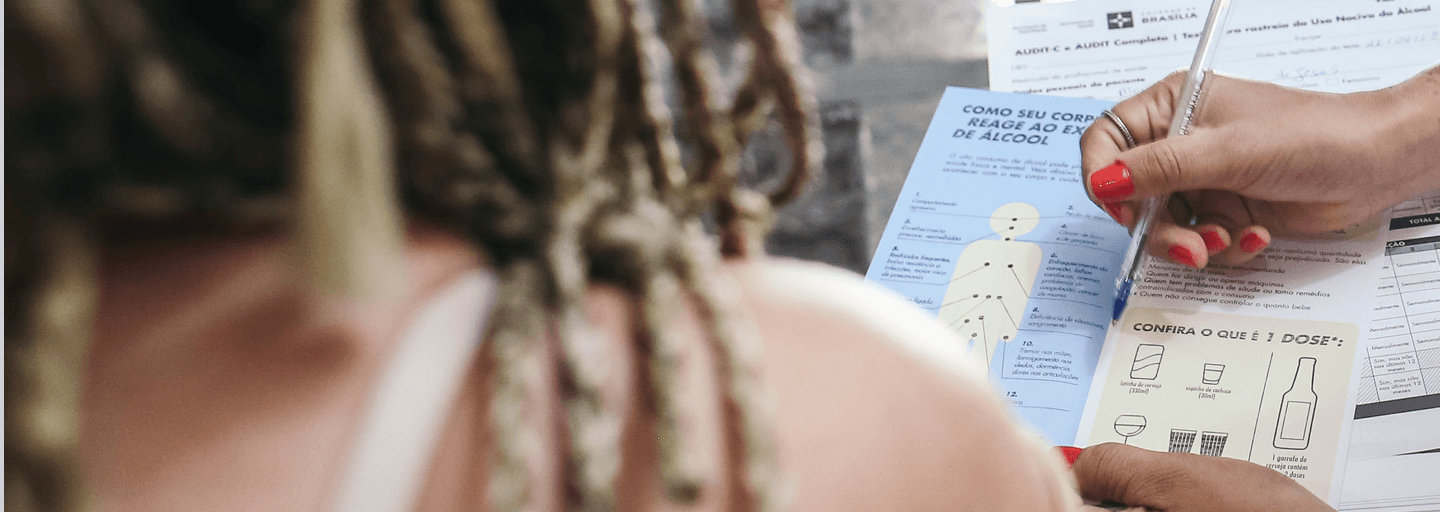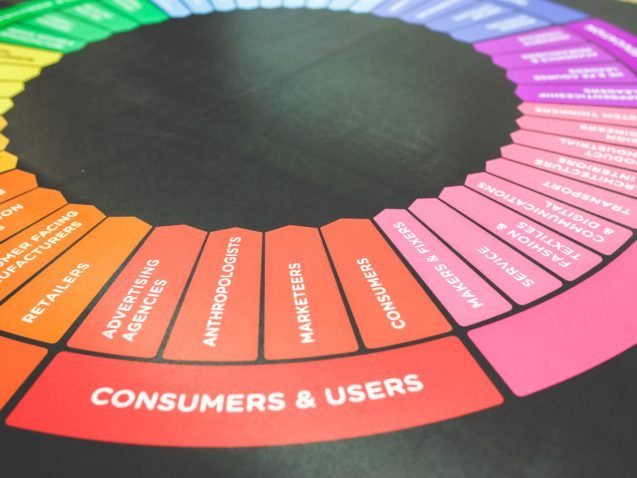In 2015, AB InBev launched six City Pilots as part of their Global Smart Drinking Goals.
In six cities across the globe, AB InBev is piloting interventions with the aim of reducing the harmful use of alcohol by 10%, in alignment with the World Health Organization’s 2025 target. These City Pilots are the cornerstone of the company’s efforts to identify, test and independently measure and evaluate evidence-based interventions, in partnership with others. The interventions being tested focus on addressing drinking and driving, underage drinking, binge drinking and other locally relevant issues.
Although final results are not yet available, initial indications show progress is being made in these communities. In Brasília, Brazil, a screening and brief advice program is being piloted in two primary health care centres. Home assistants have been trained to undertake screenings during home visits. They identify, give advice to, and follow up with those who are moderately at risk, and refer those who are at high risk to the local primary health care centre. The company is also working with local governments and stakeholders in the city to implement, test and evaluate data-driven road safety interventions that include reduced speed limits, road refurbishments, and drink driving communications campaigns.
In Zacatecas, Mexico, the City Pilot plans to implement an evidence-based intervention to prevent underage drinking there. A promising mystery shopper program, which aims to reduce sales to minors by spot-checking rates of identification checking at retail locations and providing guidance to proprietors, has been in place since 2016 and started with a sample of 81 retail locations. The program involved visits to stores to measure their compliance with the law that requires checking a shopper’s identification before selling alcohol, to ensure they are of legal drinking age. The program is being scaled up with the help of CONADIC (Comisión Nacional contra las Adicciones), and an independent evaluation will be undertaken.
In Columbus, Ohio, the city pilot Steering Committee implemented a partnership with local law enforcement, the Columbus Police Department, and the rideshare company Lyft to decrease the likelihood of impaired driving. The program provided coupons for free round-trip safe rides (the largest-ever such effort within a U.S. city), while increasing high-visibility police patrols in key drinking areas. The four-month initiative was amplified with a social media and outdoor campaign which targeted drinking occasions and venues and highlighted the increased levels of enforcement. The campaign reached an estimated 1,054,309 people in the greater Columbus area with a total of 19,649 safe rides taken. Independent evaluators are expected to submit a journal article analysing the impact and effectiveness of the program in late 2018.
In addition to these initiatives, programmes in the company’s other three City Pilot cities, Leuven, Belgium; Jiangshan, China; and Johannesburg, South Africa, are underway.






